Sort animals according to whether they are classified as predators, prey, or both with this worksheet.
Predator vs. Prey
How is a predator different from prey? An animal is considered a predator when it kills other organisms for food. Animals that are hunted and killed for food are referred to as prey. If your students need additional practise understanding which animals are predators and which are prey, you have landed in the right place!
Teach Starter has created a worksheet where students must determine if the eight Australian bushland animals presented in the table are considered predators, prey or both. Students will then write each animal in the appropriate column on their worksheets. Additionally, students will create a food chain using animals from the provided list.
An answer key is included with your download to make marking fast and easy!
Tips for Differentiation + Scaffolding
In addition to independent student work time, use this worksheet as an activity for:
- Lesson wrap-up
- Fast finishers
- Homework assignment
- Whole-class review (via smartboard)
If there are students who need a bit of a challenge, encourage them to draw their own food chain or food web with animals that live in the Australian bushland.
For students who need additional support, encourage them to reference work on this topic. Additionally, this activity can be completed in a small group or 1-on-1 setting.
Easily Download and Print
Use the dropdown icon on the Download button to choose between the PDF or editable Google Slides version of this resource.
Because this resource includes an answer sheet, we recommend you print one copy of the entire file. Then, make photocopies of the blank worksheet for students to complete.
Turn this teaching resource into a sustainable activity by printing on card and slipping it into a dry-erase sleeve. Students can record their answers with a whiteboard marker, then erase and reuse them.
Additionally, project the worksheet onto a screen and work through it as a class by having students record their answers in their workbooks.
This resource was created by Kiri Sowers, a Teach Starter collaborator.
Looking for more resources to explore food chains with your students? Take a look at our great suggestions!
[resource:4866366] [resource:3649366] [resource:4853401]
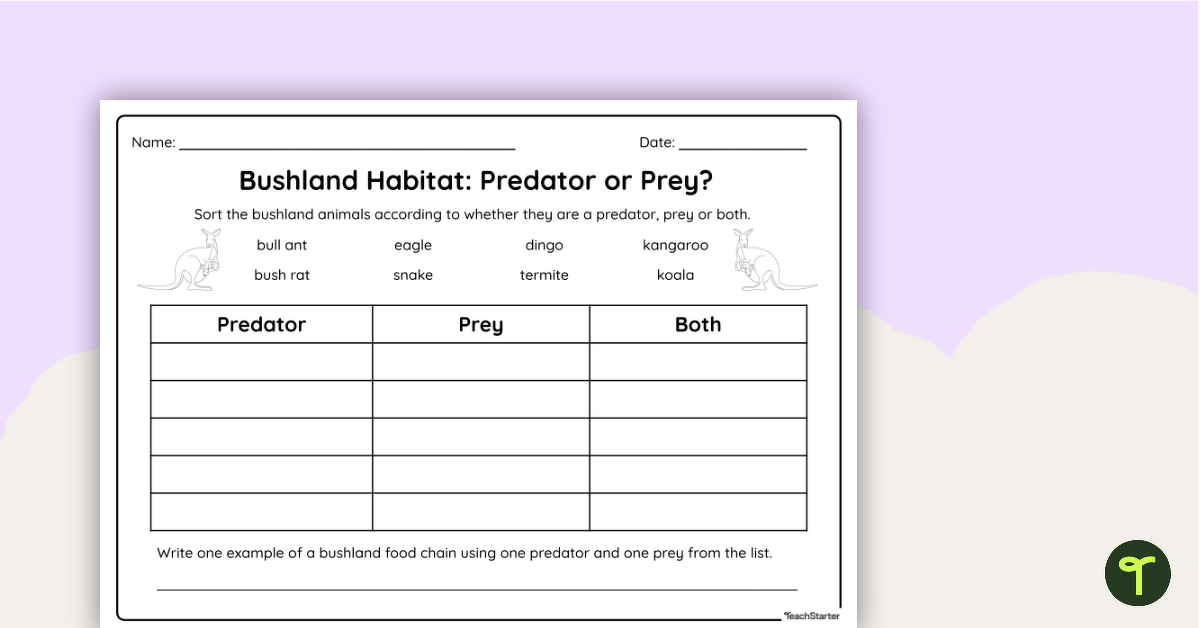

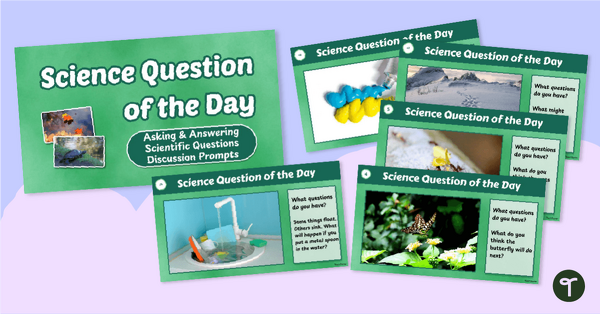
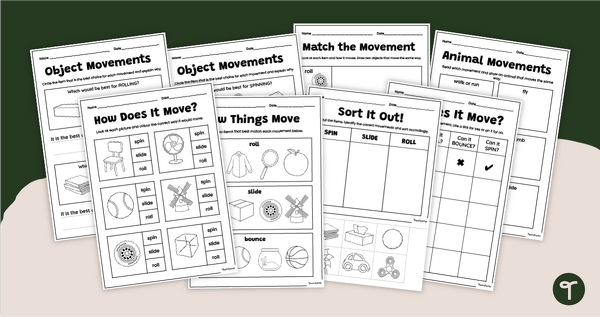
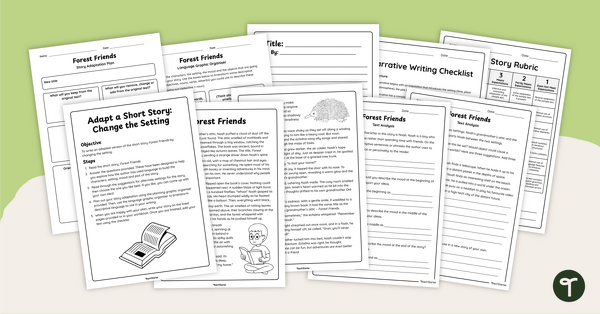

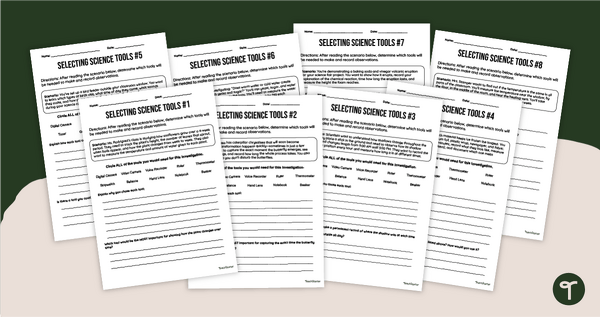
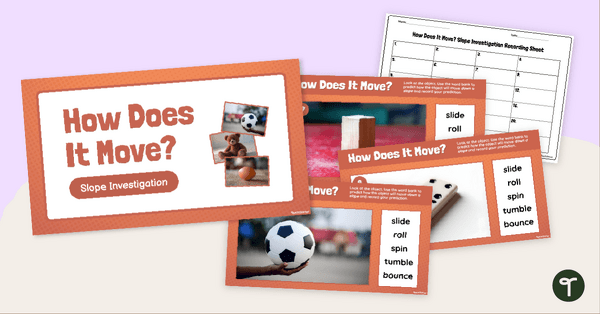
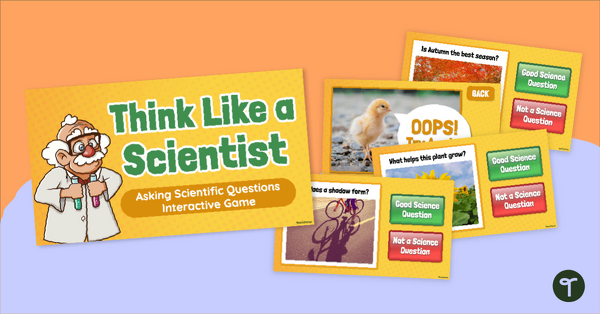
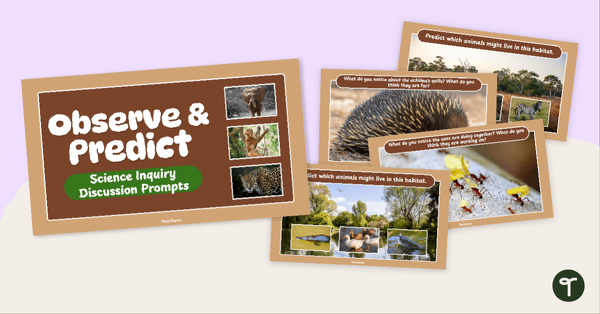
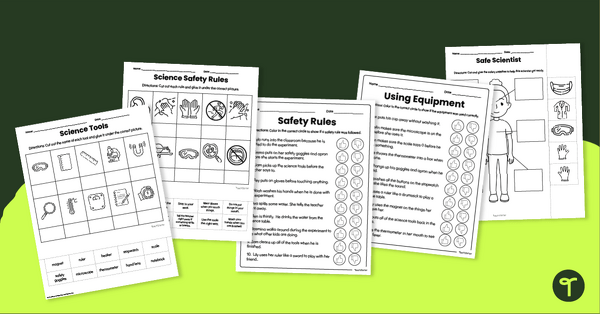
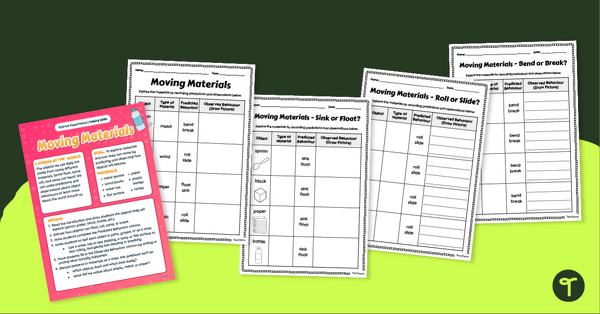
0 Comments
Write a review to help other teachers and parents like yourself. If you'd like to request a change to this resource, or report an error, select the corresponding tab above.